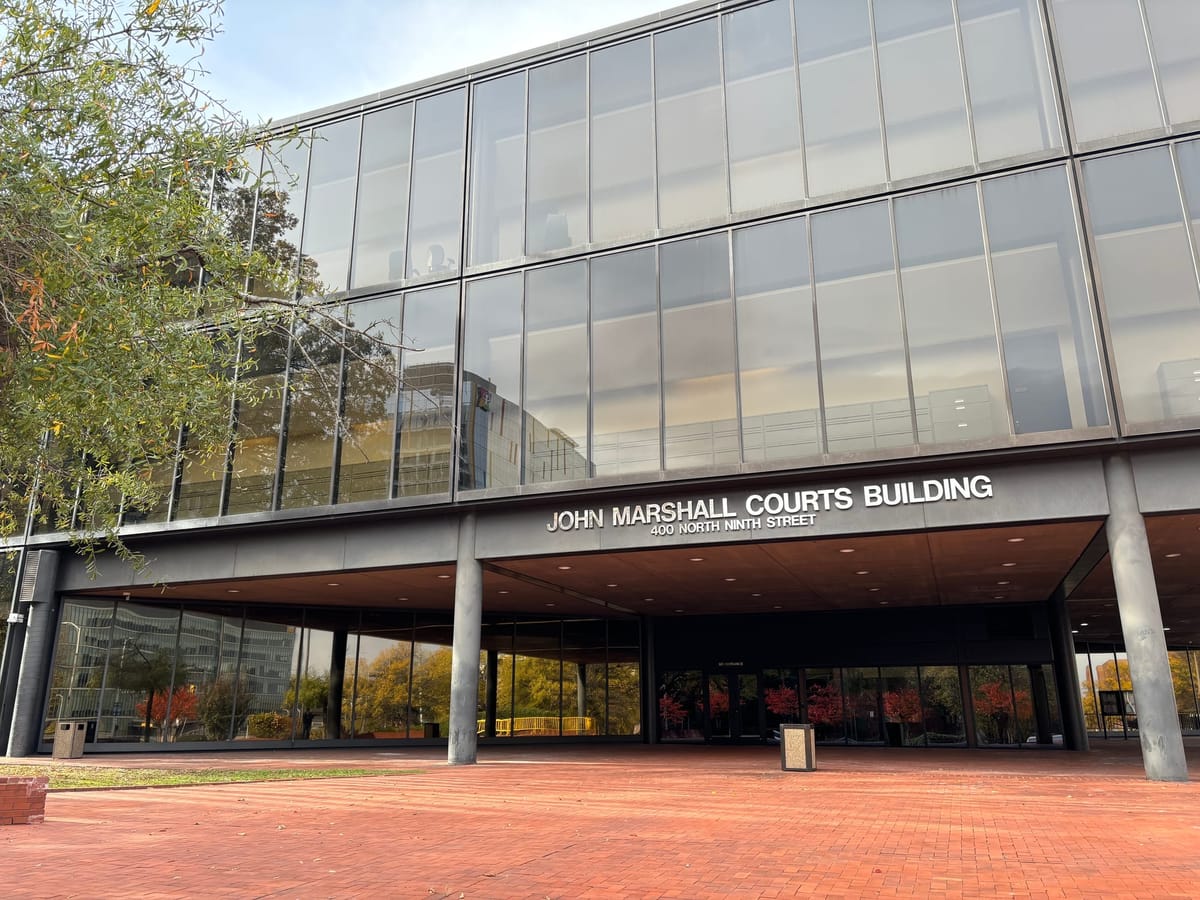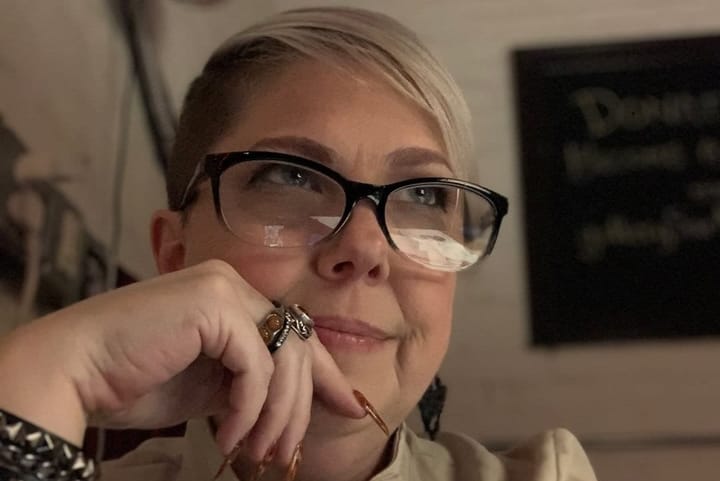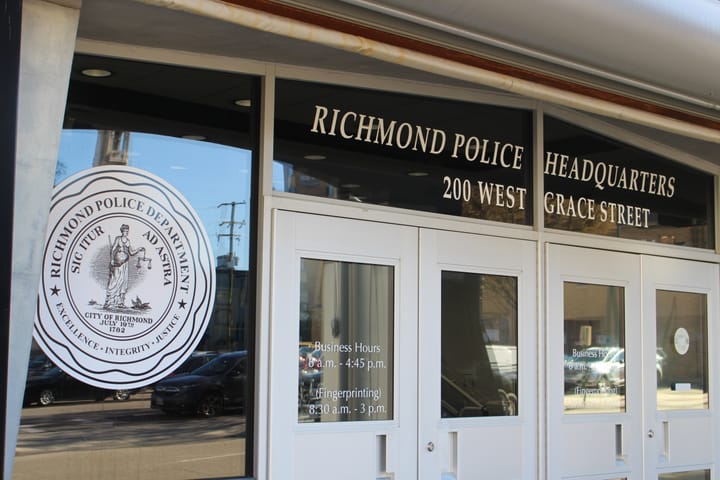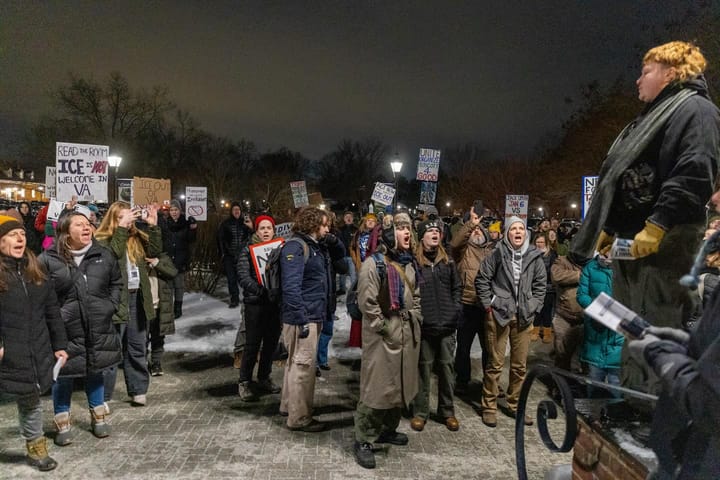
Judge urges attorneys in Richmond whistleblower case to resolve discovery disputes
As lawyers in the whistleblower case brought by former Richmond public records official Connie Clay against the city and its former top spokesperson continue to clash over records and depositions, a judge is ordering them to make more of an effort to get along as the discovery process continues.
“I understand strong advocacy,” Richmond Circuit Court Judge Claire Cardwell told attorneys in a Tuesday morning hearing. “But without pointing fingers in either direction, I would like counsel to start anew.”
“To the extent you can work together on administrative matters, please do so,” she added.
Clay sued Richmond and its former spokeswoman, Petula Burks, in March 2024, claiming she had been wrongfully fired for repeatedly flagging cases in which the city violated the state’s Freedom of Information Act, which outlines what documents must be made available to the public and situations in which they can be withheld.
The city has engaged an outside law firm, Ogletree Deakins, to defend itself and Burks against Clay’s allegations. To date, Richmond has paid the attorneys over $134,000.
This February, Cardwell rejected the city’s argument that the case should be thrown out because Clay hadn’t sufficiently proved she met the state’s legal requirements to file a whistleblower suit. That decision cleared the way for the case to move toward a three-day trial scheduled for September 2025.
Since then, Ogletree Deakins lawyers and Clay’s attorneys, Sarah Robb and Helen Hardiman, have repeatedly clashed in filings over what documents each side should produce, which should remain confidential and guardrails surrounding medical records and depositions.
City attorneys have accused Clay’s lawyers of not producing all of the documents they have asked her to provide and of not showing up to a scheduled deposition. Robb and Hardiman meanwhile say the city has failed to produce any documents whatsoever and argue a protective order the city has sought allowing any “sensitive information of a nonpublic nature” to be marked confidential is too broad. They have also objected to subpoenas filed by the city’s attorneys for Clay’s medical records dating back to 2020.
On Tuesday, Cardwell told the attorneys she had asked for that day’s hearing because of the amount of time court staff was spending sorting out the parties’ various motions.
Besides referring the parties to dispute resolution proceedings and setting a time when they would hold a phone call to attempt to work out their disagreements, the judge blocked off a six-hour window on May 27 to settle a range of motions on what documents each should be required to produce, which should be kept confidential and whether the medical records should be able to be subpoenaed.
“We’re going home at 5,” she cautioned the attorneys, reminding them, “You all have a trial date in September.”
Contact Reporter Sarah Vogelsong at svogelsong@richmonder.org






